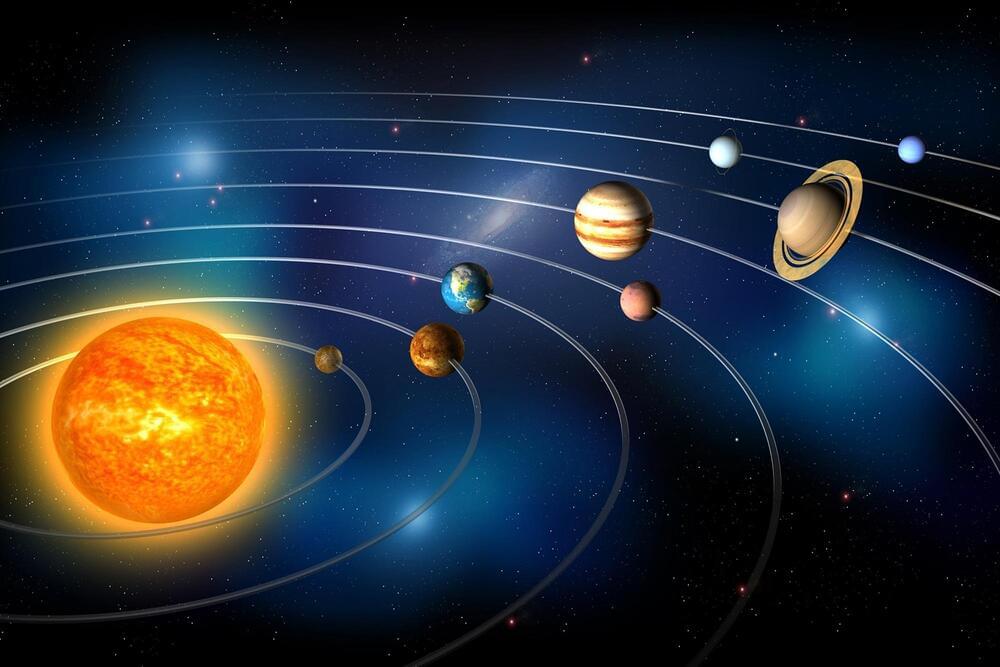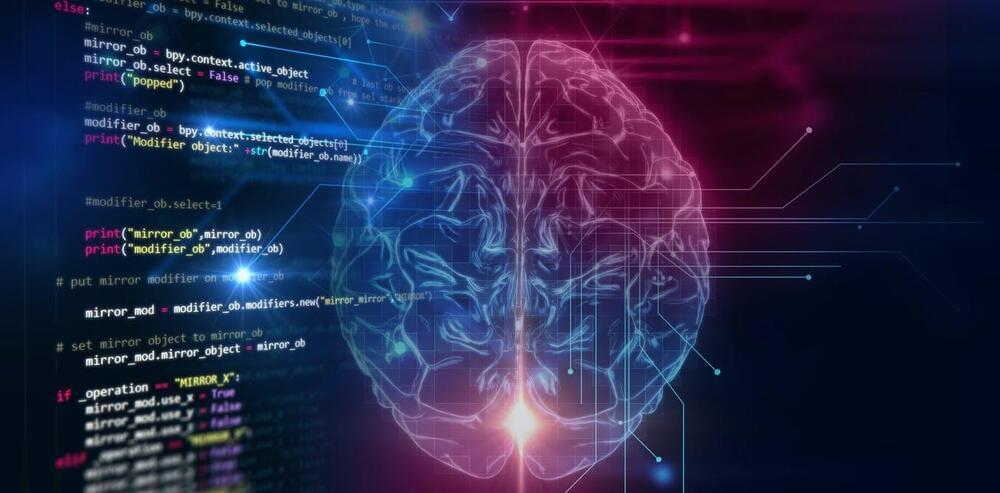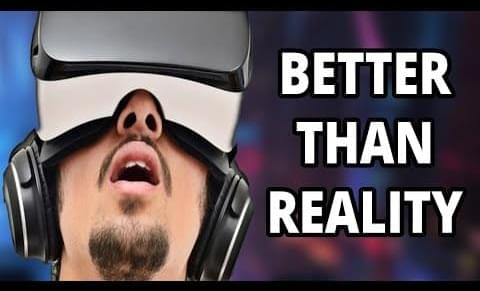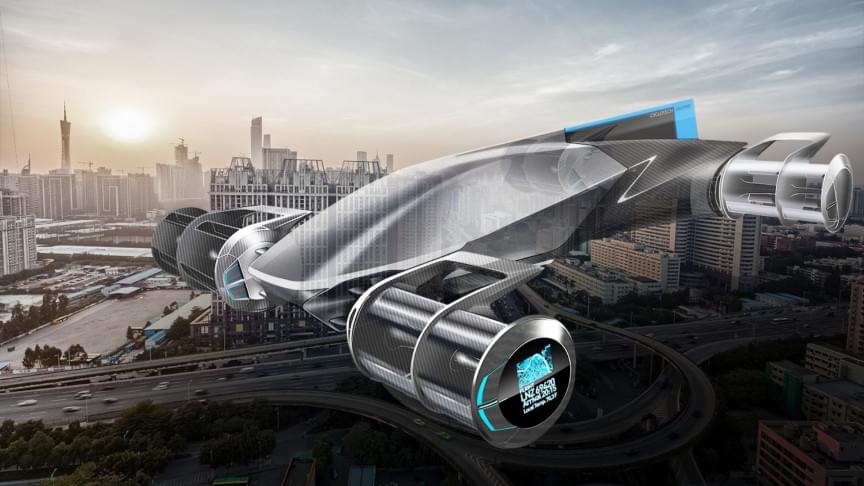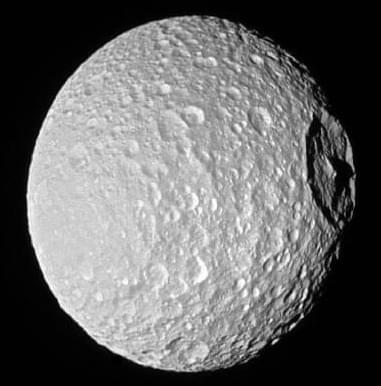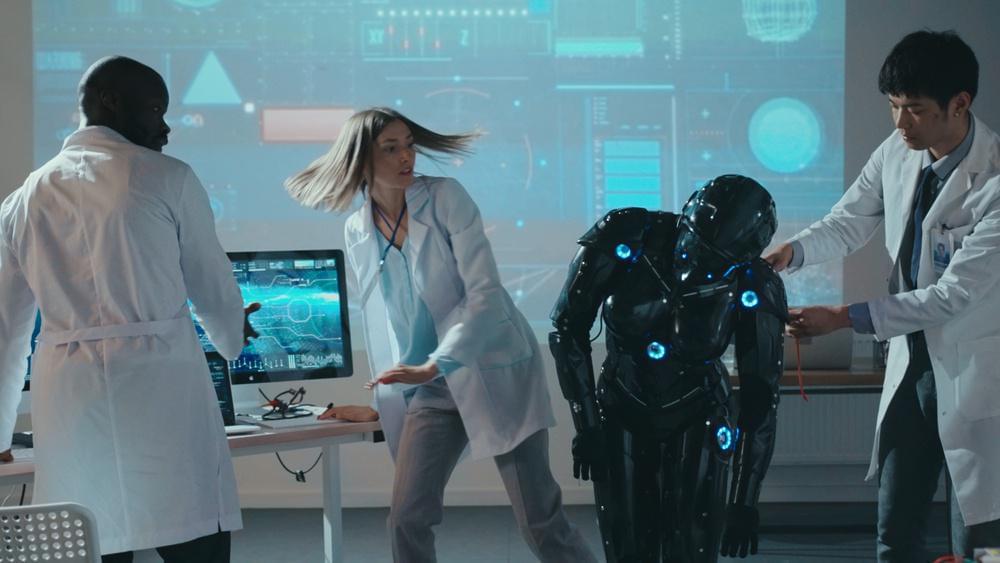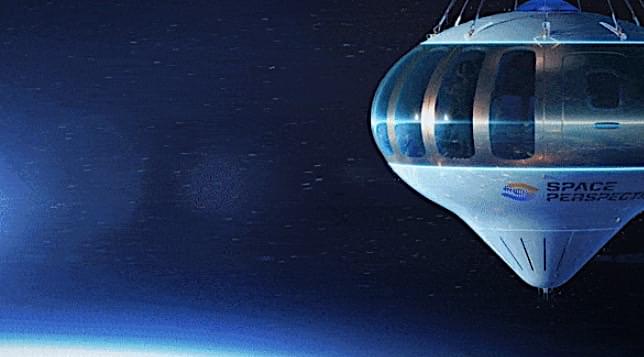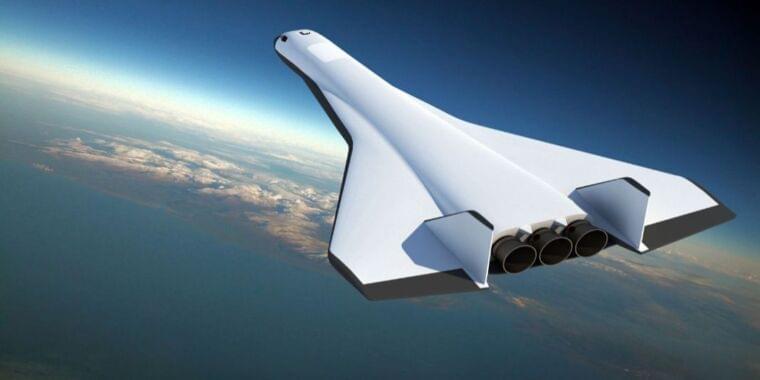
A Washington-state based aerospace company has exited stealth mode by announcing plans to develop one of the holy grails of spaceflight—a single-stage-to-orbit space plane. Radian Aerospace said it is deep into the design of an airplane-like vehicle that could take off from a runway, ignite its rocket engines, spend time in orbit, and then return to Earth and land on a runway.
“We all understand how difficult this is,” said Livingston Holder, Radian’s co-founder, chief technology officer, and former head of the Future Space Transportation and X-33 program at Boeing.
On Wednesday, Radian announced that it had recently closed a $27.5 million round of seed funding, led by Fine Structure Ventures. To date, Radian has raised about $32 million and has 18 full-time employees at its Renton, Washington, headquarters.
